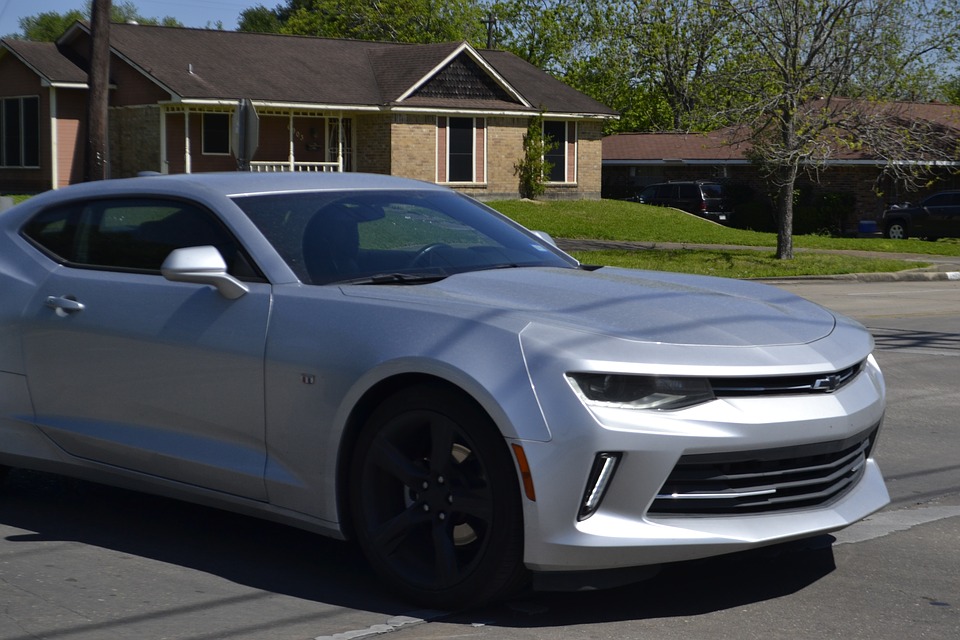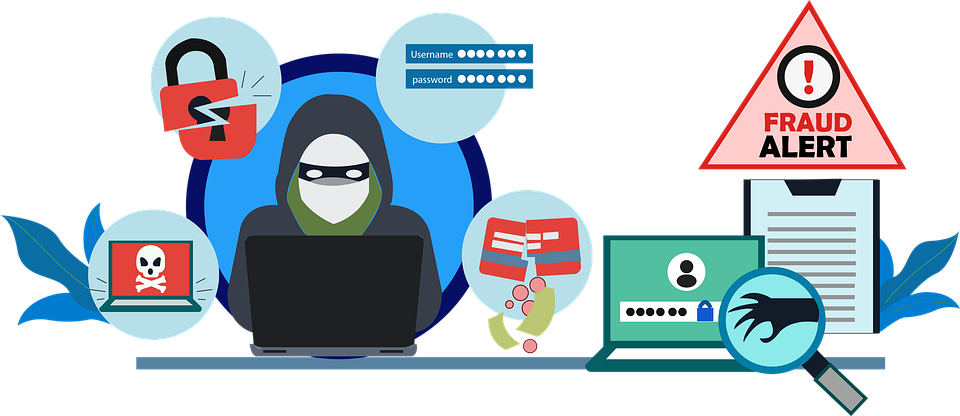 Courtesy of iii.org
Courtesy of iii.org
Pop quiz: what’s one of the most common types of homeowners insurance claims? (Hint: it’s not fire.)
It’s water damage. Maybe that’s not surprising – it rains a lot in many places. But what may surprise you is that things like pipe bursts and broken appliances are increasingly the main causes of water damage in homes.
In insurance-speak, these are called “non-weather water damage claims.” Worryingly, these claims are happening more often and are getting a lot more expensive. A Best’s Review article reports that the average homeowners water damage claim is now over $6,700. Large losses (over $500,000) have doubled in number over the past three years. Non-weather water damage is now costing insurers (and their policyholders) billions in losses every year.
This is happening for several reasons. Our housing stock is aging, as is our infrastructure. More houses are being built and they’re getting bigger – many houses now have extra bathrooms and second-floor laundry rooms, which means more piping. (The story is probably different in Florida. You can read why that is here.)
But the worst part is that many – if not most – water damage claims are preventable. Inspecting pipes or conducting routine maintenance can go a long way. That’s where the internet of things (IoT) comes in. Smart devices and connected sensors installed on piping can detect leaks before they occur or before they cause too much damage. They’re basically smoke detectors, but for water.
And they work. Best’s Review noted that installing IoT devices can reduce water losses by up to 93 percent.
The Review quoted an IoT company CEO who claimed that leak detection devices could save insurers and their customers $10 billion every year.
Homeowners have admittedly been slow to install IoT to help detect leaks. But insurers are hopeful that raising awareness about the issue, offering policyholder incentives like premium discounts, and encouraging IoT installation during home construction will begin to turn the tide.
Update: Of interest, Washington state adopted a rule in 2018 that specifically mentions water monitors and water shut-off systems as permissible tools for an insurer’s risk reduction program.



